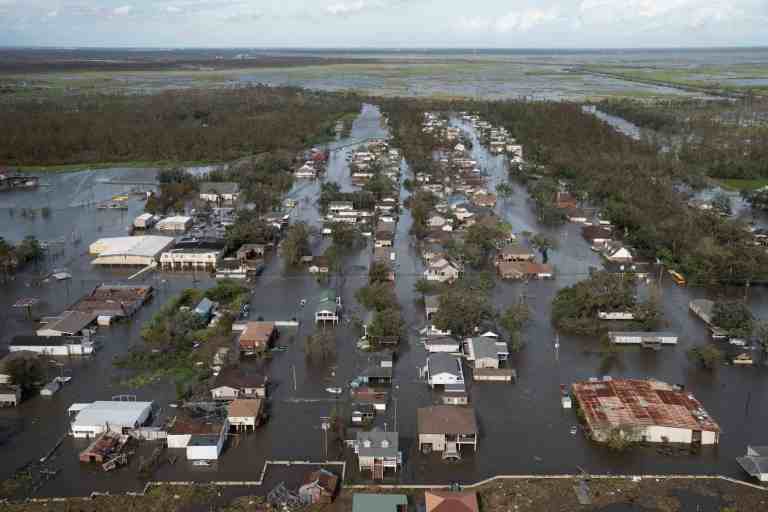The Federal Emergency Management Agency (FEMA) has entered the chat right on time with necessary policy changes. They announced steps they’re immediately taking to “reduce barriers to access” of disaster relief funds. According to a press release, one of the changes involves expanding which documents can be submitted to verify home occupancy and homeownership.
“Our Department has an obligation to ensure we provide equal access to disaster relief and assistance to all survivors who are in need,” Secretary Alejandro N. Mayorkas said. “Equity is a cornerstone of our homeland security mission and in all of our work we must reach minority communities, the disadvantaged, and the otherwise disenfranchised.”
FEMA issues certain types of assistance based on the ability to verify home occupancy or homeownership. It is a requirement by law that helps to avoid fraud. However, according to NBC News, this requirement has excluded many Black Americans, especially in the Deep South. This is because not everyone inherits property with the supporting legal documents such as wills and deeds.
NBC News reports that although Black families can trace land ownership, they’ve been blocked from making it formal on paper by discrimination and distrust in the legal system. In one analysis, The Washington Post found that 35% of aid applicants in “a rural and predominately Black community,” were denied assistance after a tornado. The reason was inability to verify homeownership under the old rules.
To confirm home occupancy, FEMA is accepting “motor vehicle registrations, court documents, and additional forms of documentation, including letters from local schools (public or private), federal or state benefit providers, and social service organizations (such as community assistance programs and non-profits).”
Homeowners can submit “a public official’s letter” or “receipts for major repairs or improvements” to be verified. Survivors with “heirship properties, mobile homes, or travel trailers” and no traditional ownership documentation will be allowed to self-verify with other documents.
Instead of rejection letters, FEMA plans to send inspectors to the home and if any accepted documentation is shown, disaster survivors won’t have to appeal.
The policy is in effect for any natural disaster declared since August 23, which means Hurricane Ida survivors will be able to take advantage of the new changes.
In addition to changing the verification process, FEMA is offering assistance in making a home accessible to anyone who sustained a disability during a natural disaster. This includes adding navigation tools like ramps or grab bars.
Want updates directly in your text inbox? Hit us up at 917-722-8057 or click here to join!


